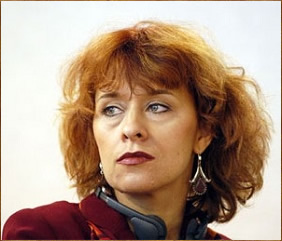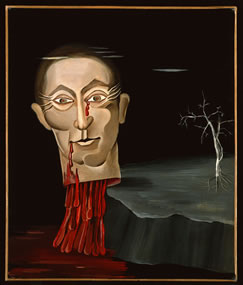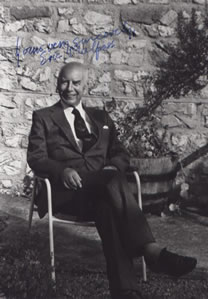De Litouwse schrijfster Jurga Ivanauskaitė werd geboren in Vilnius op 14 november 1961. Zie ook mijn blog van 14 november 2008 en ook mijn blog van 14 november 2009 en ook mijn blog van 14 november 2010.
Uit: The Red Dress (Vertaald door Kristina Sakalavičiūtė)
“Nora suddenly jumped up, locked the door and, throwing off the violet sweater and green skirt resolutely, grabbed the red dress and froze for an instant. Then, in a frenzy—as if someone were impatiently yelling at her to hurry—she began to dress, rushing, staggering, having difficulty getting into the sleeves. Getting into the fiery garb was not so simple, even though Nora was smaller than Elegija. The dress clung to her and outlined her body, emphasizing her breasts, pulling tight on her hips and thighs. It fell from her knees in tiny pleats, which spread on the floor like sharp tentacles. Nora looked at herself in the mirror, pulling back her black hair. It used to have a blue sheen, but now it became chestnut-colored because of the intensity of the red dress. She narrowed her eyes and smiled with satisfaction.
The inside of the dress was the opposite of its silky exterior. It was coarse and chafed her in a strange way. Nora thought it felt like a facial masque of egg whites and yeast that tightens on one’s face. She began to walk around the room, a trifle dissatisfied that the dress restricted her steps. She imagined Salome floating across the stage—not shuffling like Cho-Cho-San. Fortunately, she had another costume for the dance scene.
Suddenly, somebody knocked at the door. Nora started and rushed to take off the dress. But it was so tight it seemed almost impossible to pull off—the dress kept catching on her shoulders.
“Yes, my shoulders really are broader than Elegija’s,” Nora uttered, wriggling, squirming and crying out. The dress did not yield.
Someone was now persistently knocking at the door.
“Hey, Nor, open the door,” rang Vilija’s deep voice.”Stop fooling around.”

Jurga Ivanauskaitė (14 november 1961 – 17 februari 2007)


